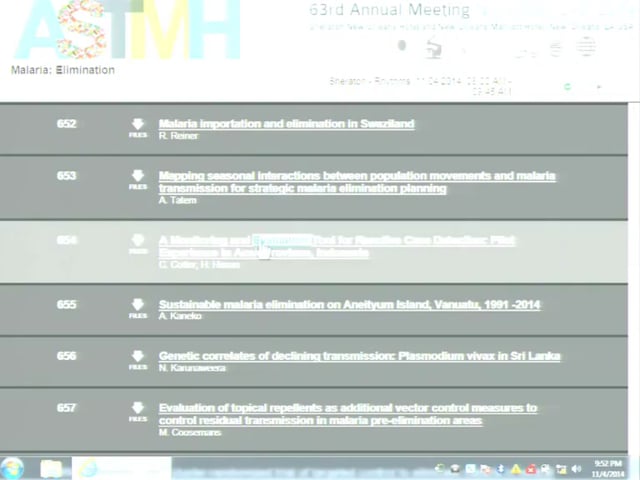Last Updated: 21/10/2024
Analysis of the chloroquine activity and pkcrt gene transcription in Plasmodium knowlesi blood stages in vitro
Objectives
This project aims to evaluate the chloroquine (CQ) action against P. knowlesi in vitro, and the different responses presented by the parasite’s blood stages – rings, trophozoites and schizonts and also analyze the transcription and expression of the pkcrt gene (pfcrt and pvcrt homolog) during the parasite’s blood cycle.
For many years chloroquine (CQ) was the main drug against blood stages of malaria parasites. Introduced after World War II, the first reports of chloroquine-resistant Plasmodium falciparum appeared in 1957. Resistant parasites quickly spread to all endemic regions, resulting in the total removal of CQ for the treatment of P. falciparum infections in 2000. The first cases of P. vivax chloroquine-resistance were reported in 1989, and this is the most used drug for P. vivax malaria treatment until today. The identification of the P. falciparum chloroquine resistance genetic marker enabled the mapping and control of resistant parasites. Mutations in the pfcrt (“P. falciparum chloroquine resistance transporter”) gene generate PfCRT protein polymorphisms. PfCRT is a cell transporter located in the parasite’s digestive vacuole membrane. These mutations decrease the chloroquine accumulation, and consequently action. Sequence analysis of P. vivax chloroquine resistant strains did not identify polymorphisms associated with resistance phenotype in the pvcrt gene (pfcrt homolog), supporting a hypothesis of distinct resistance mechanism in the species. Studies suggested that modulation in protein expression levels can change the parasite’s response to CQ, regardless of functional polymorphisms. Recently, a genetic cross between P. vivax CQ sensitive and resistant strains has identified a conserved genomic region in resistant progenies. This region includes the promoter sequence of the pvcrt gene, reinforcing the role of pvcrt transcription/expression in CQ resistance. Furthermore, a study indicated that trophozoite forms of P. vivax are less sensitive to CQ than other blood stages of the parasite. Trophozoites are the forms with the highest expression of pvcrt. However, the lack of a long-term in vitro culture system makes difficult to carry out experiments to evaluate the role of pvcrt gene expression in CQ resistance. Strains of P. knowlesi, a species evolutionarily close to P. vivax, have been adapted to in vitro culture. The results will allow the evaluation of P. knowlesi response to CQ, and to analyze the role pkcrt gene expression during the development of CQ resistance.
Jun 2021 — Nov 2022
